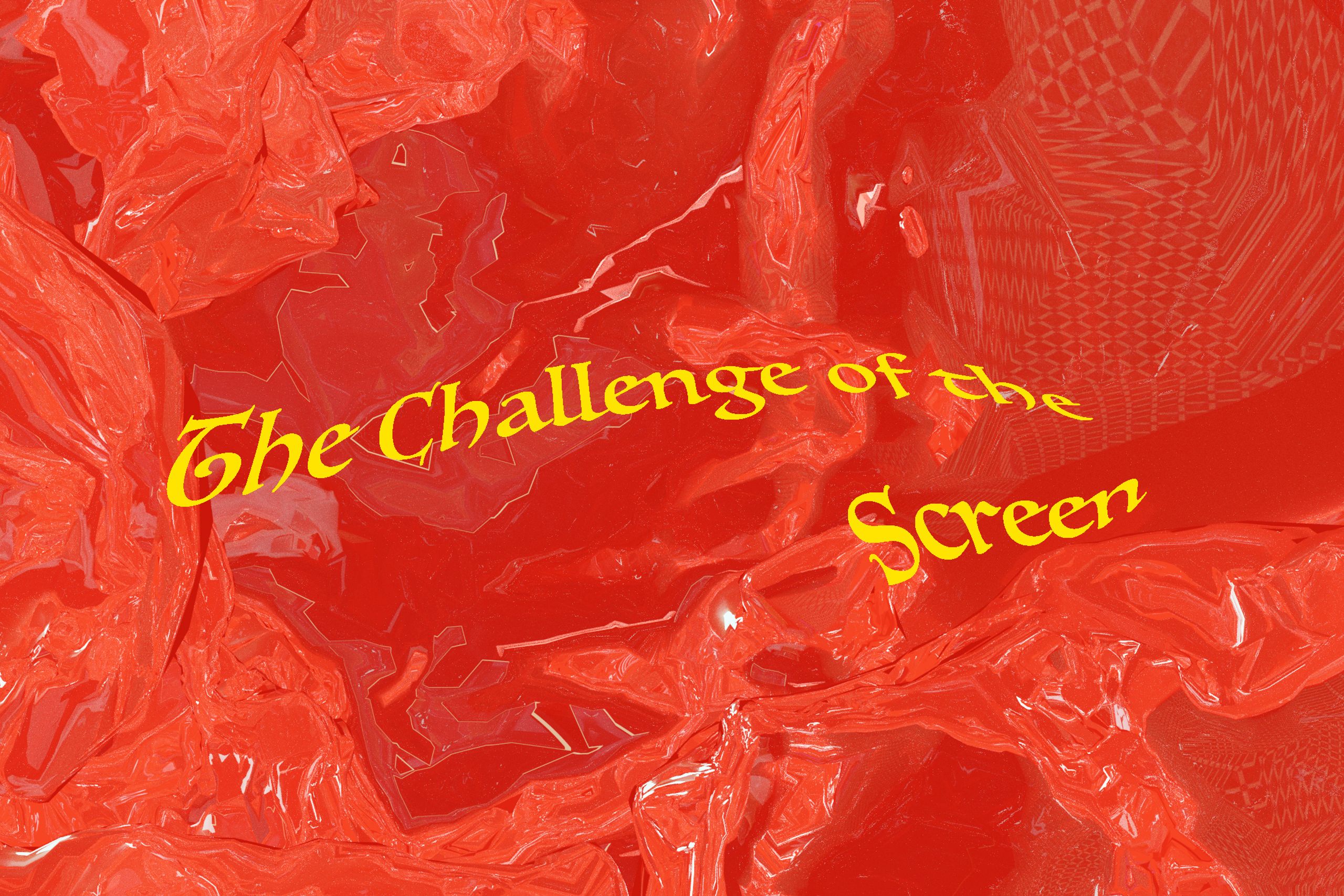Charlotte Yao is a Chinese Canadian artist now residing in London. Working both in art and curation, her practice focuses on decentration and identity politics, presenting marginalised perspectives of female, migrant, and even post-human aspects. She adopts the strategy of using minoritarian languages to stresses the power of the difference-in-itself in many of her works.
With an academic background in both photography and philosophy, Charlotte’s practices often examine the transmission and cultural constitution of the image while discussing issues. Her work often takes the form of photography, installation, or moving image, expanding the boundary of photography.




